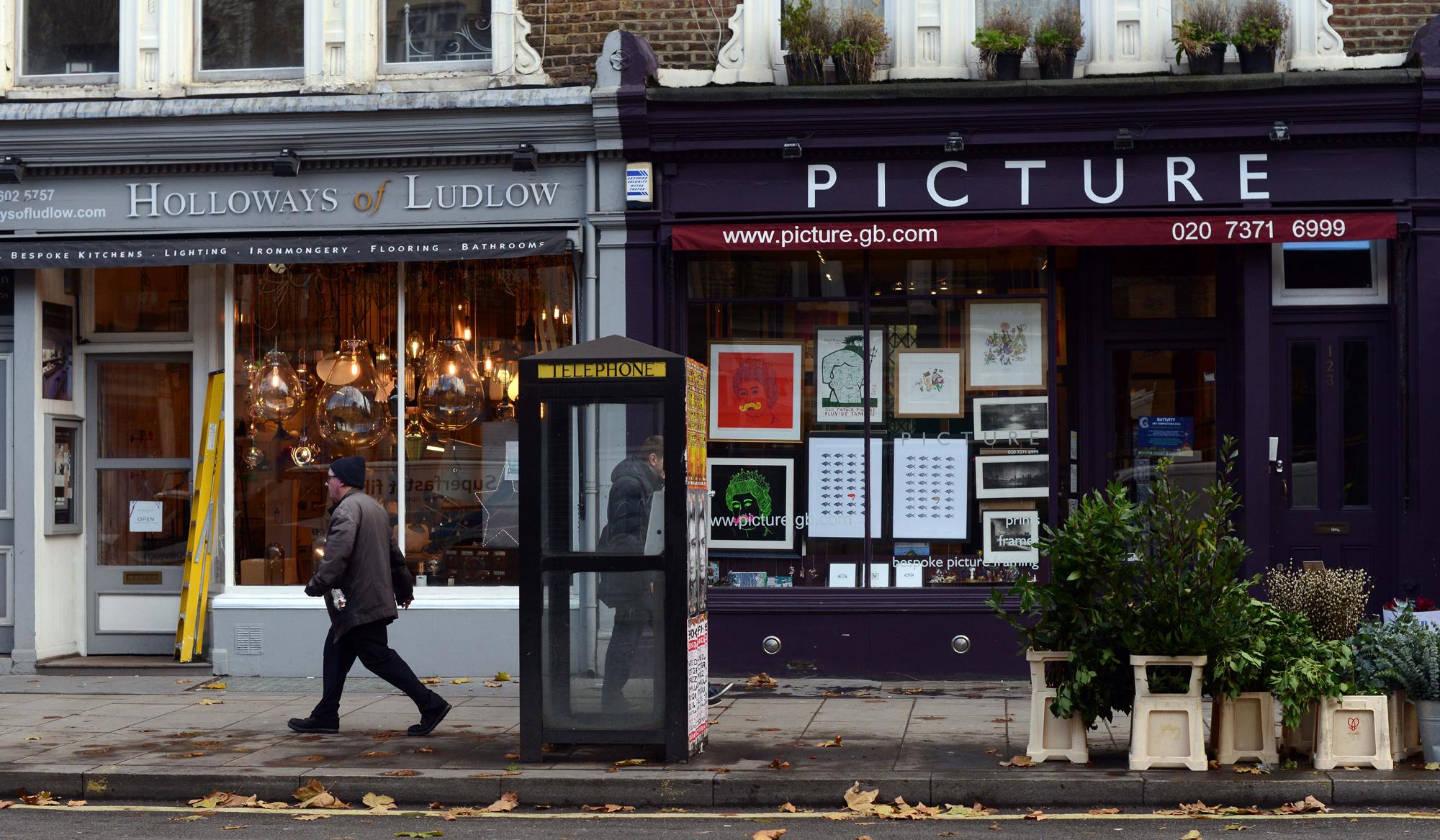Never mind Brexit trade deals for big business, it’s small businesses we need to be worried about
These businesses are highly exposed to the potentially less favourable trading relationship with the EU, as 93 per cent of the UKs small business exporters choose the EEA as the destination for their goods

Your support helps us to tell the story
From reproductive rights to climate change to Big Tech, The Independent is on the ground when the story is developing. Whether it's investigating the financials of Elon Musk's pro-Trump PAC or producing our latest documentary, 'The A Word', which shines a light on the American women fighting for reproductive rights, we know how important it is to parse out the facts from the messaging.
At such a critical moment in US history, we need reporters on the ground. Your donation allows us to keep sending journalists to speak to both sides of the story.
The Independent is trusted by Americans across the entire political spectrum. And unlike many other quality news outlets, we choose not to lock Americans out of our reporting and analysis with paywalls. We believe quality journalism should be available to everyone, paid for by those who can afford it.
Your support makes all the difference.Small businesses across the UK are already feeling the impact of the government’s mismanagement of Brexit. A family business I spoke to last month told me that as a result of currency fluctuation he stands to lose £300,000 next year – equivalent to his entire annual profit.
The food industry has complex supply chains all across Europe. These supply networks have been hit by an 18 per cent devaluation of Sterling and UK manufactures have had to spend more on ingredients than they had budgeted for.
Marmite-gate made this clear; but a battle between Unilever and Tesco was always a battle between two giant corporations who were unlikely to command the sympathy of the British public. But small businesses are facing these problems – and struggling to balance the books.
When they go to their supermarket buyers and explain the debilitating rise in costs which they face, they are met with polite sympathy but no uplift in the price. These are costs that manufacturers are unable to pass on.
This is just the beginning. SMEs create over 60 per cent employment in the private sector. These businesses are highly exposed to the potentially less favourable trading relationship with the EU, as 93 per cent of the UKs small business exporters choose the EEA as the destination for their goods.
Last month the Cabinet reportedly discussed a paper showing that if we leave the Customs Union, the UK would need to grow trade with its 10 largest non-EU partners by 37 per cent by 2030 simply to stand still in trade terms.
But what is the sense of this? As a local food exporter in my borough recently put it to me, “Why would I go to a corner shop 10 miles away when I’ve got a huge supermarket right on my doorstep?” Labour is clear that we want tariff-free access to the single market, because that delivers the best deal for British businesses.
Another issue is the uncertainty over the status of EU nationals living in the UK, which is preventing businesses from planning their human resources into the future. Liam Fox described EU nationals as “one of our main cards” in the negotiations, but businesses have a right to make the appropriate investments in staff on the basis of clear government policy, not on the turn of cards in a poker game.
A Brexit that works for Britain needs to work for small businesses and must ensure that our future trade deals don’t just work for big business. Liam Fox is focused on big business and an ideological drive for deregulation, masquerading as a free trade agenda. The Tories’ favoured trade deals post-Brexit are likely to make regional inequality worse, by focusing on the best deal for the City of London at the expense of smaller firms across the country.
At Labour Party conference, I announced an SME Market Access Clause to feature in international trade deals. The next Labour government will put the onus on foreign governments to identify routes for our small business exporters into their markets.
We will be rolling out more proposals in the coming months, providing a plan for trade that works for the SMEs that make up 99 per cent of the UK’s private sector. While Labour’s trade strategy is already being informed by the meetings we are having with small businesses every week, Small Business Saturday this weekend was a chance for me and my colleagues to listen especially hard to the concerns of small businesses across the country.
Join our commenting forum
Join thought-provoking conversations, follow other Independent readers and see their replies
Comments